Are your friendships stressed or feeling awkward? Are you finding that relationships with colleagues or bosses are strained from new working arrangements? Have you found yourself arguing more frequently with the people you live with about things such as money, space, handwashing, visiting friends, or even who is going to cook dinner?
People are more stressed than ever before because of the pandemic, and this is putting added strain on all their relationships.

In this post we have communication tips to help you better manage your relationships, and ideas for keeping connected.
How have your relationships changed during the pandemic? Do you find yourself lonely and isolated with less physical connection? Feeling cornered by a lack of privacy or space in a small living quarters? Many people are also finding themselves living away from their partner(s), or living with someone full time unexpectedly during the lockdowns. This is creating additional challenges within relationships. These challenges intensify when you add in new work from home scenarios, partners that have lost their jobs, or who work in high risk essential positions. Whatever the change has been for you, we have tips to help you cope.
First: You are not alone.
Physical-distancing and isolation is a new concept for most people, and long distance relationships, (platonic or romantic), can be hard to navigate even outside of a pandemic. Most people have a shorter emotional fuze from the added stress of the pandemic, and this is leading to more interpersonal struggles for everyone.
Second: Your feelings are valid.
While some people may not feel as stressed or as distant, everyone responds to situations differently. Communication is as important than ever to help your family, friends, colleagues, lovers, and even neighbours understand your feelings. There are also many free online counselling options, as well as text and phone supports if you need someone to talk to. TRIP peers are always available to chat if you ever want to talk or want more information on how to find supports. There’s a list of resources at the end of this post.
Third: There are coping strategies that can help with overwhelming feelings.
Music, meditation, gentle exercise or fresh air, doing crafts or other hobbies can help relieve stress and pass the time. It is also important to try to eat nutritious food, drink water, maintain personal hygiene and get some exercise. Lack of motivation is a very real factor right now, so be gentle with yourself, and realistic about your capacity. You won’t get all of these self-care activities done in one day, instead take one step at a time. We WILL get through this, together.

Sex in Pandemic
Lets talk about sex! Stress and routine change can affect your libido: you may want to have less sex than you would usually have, or none at all. However you’re feeling, is 100% okay. It’s important to remember that people might have no interest in sex or sexual pleasure, and that is normal and valid. Talk to your partner(s) honestly about where you’re at.
Masturbation, for those who enjoy it, is always an option, and on the plus side, it’s 100% safe. It’s no surprise that Canadians can’t get enough sex toys during Coronavirus isolation. Masturbation can help improve sleep, relieve stress, increase mood, and decrease cramps, as well as other health benefits.
Sex and Safety in the Digital Age
Self isolating away from your sexual pal? Try some of these technology based options to still have some sexy time together:
- Send and recieve sexy texts (after establishing consent).
- Dress up and have a mini selfie shoot and exchange sexy pics. Talk to your partner first about what will be done with the pictures (who keeps them, for how long, can they show anyone, etc.).
- Videocall sex is another option, and Cosmopolitian even has a list of Facetime sex positions to show off those angles for the camera.
- Phone sex can be very rewarding, and it’s all about the dirty talk! There are many blogs with tips that promise the best phone sex of your life: here’s one example. If you’re like most people and feel a little awkward on the phone: here’s a link that talks about how to make phone sex less akward!
- Trying to spice things up with a long-distance lover? There is an app for that! Here’s a few: Couple Game, Desire, Lover, LokLok.
- While you’re on that sex toy shoppping spree, pick up one of these app based sex toys so you can help with the orgasm from home.
- Pay a sex worker! Many sex workers have moved online, with already existing webcam/content sharing sites and apps, and partner packages with messaging, video exchanges, and calls.
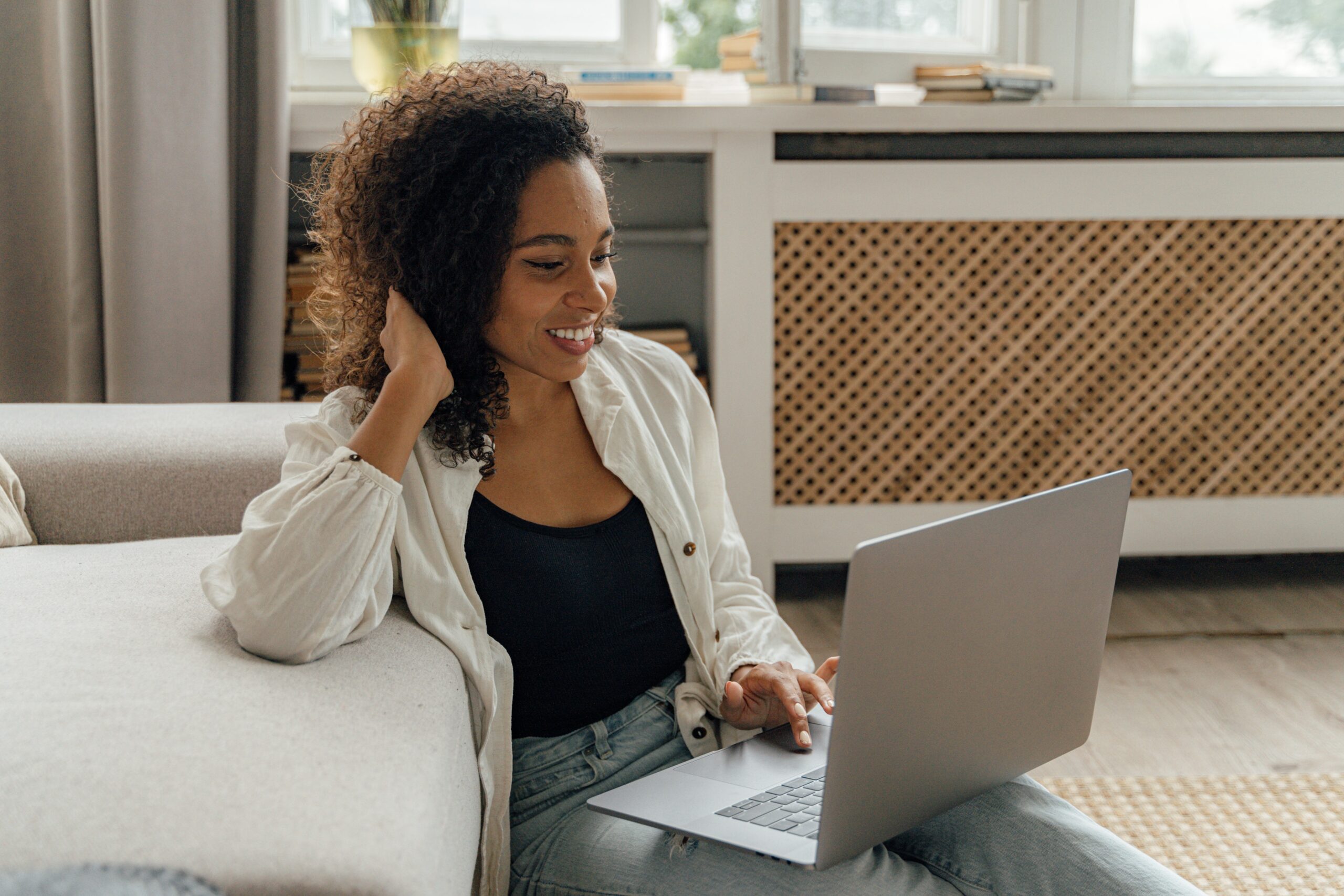
Consider a Sex Buddy if You’re Single
https://www.bbc.com/news/world-europe-52685773
People are really feeling the loneliness of physical- distancing, and are struggling with how to date and have sex safely. There are some lesser risk options being discussed in other countries.

In Denmark public health authorities have told singles that it may be low risk to choose one “sex buddy” or “cuddle buddy”, assuming that both individu
als are free from symptoms, are low risk health wise, and limit their contact to a very limite
d number of individuals. While this approach is not “no risk”, it is a lesser risk to those that need physical connection and intimacy, and don’t have a regular partner. As always, it’s important to protect yourself from STIs and pregnancy, and to work your way up to a physical meeting if you haven’t met this person before. It is also important to talk to your potential partner about other people they may be seeing; the more points of contact, the higher the risk. If in doubt, remember that the safest sex partner is yourself, and that this pandemic will not be forever.
COVID-19 and Consent
When you’re living full time with a sexual partner, you may take many things for granted, including general consent for many, if not all, sexual activities.

However, it is always important to get enthusiastic consent before engaging in any activities with another person. Even if you live with someone, are married to them, or have had sex with them before, they are NOT obligated to have sex with you. Respect your
partners decisions if they choose to abstain from sex, or just don’t feel like it. Sex (or even kissing) with a partner that is high risk or an essential worker can also be risky, and people are allowed to make an informed decision about their risk of catching COVID-19. It’s also still important to prevent STIs and unwanted pregnancy! STI testing is still available at clinics by appointment. Physical-distancing and isolation has changed relationship dynamics between some roommates, who are turning to each other to fulfill their sexual needs. Even if they are the only option in your house it’s still important to get enthusiastic consent, and talk about how this might affect living arrangements.
Consent isn’t strictly for sexual activity. Be mindful that people’s level of comfort for various activities they used to be totally comfortable with, will have changed. People may not want to hug, share food, visit your apartment, go out to a bar with you, be in an enclosed space with you, or many other activities you used to do together without much thought. Check in with folks about what their comfort levels are, and find activities that fit within your comfort zones. Be honest about the risks you’ve taken and whether you’ve potentially been exposed to COVID, so that the other person can consent, (remember consent MUST be informed).
Navigating Non-monogamous Relationships During the COVID-19 Pandemic
Like anything in the poly/non-monogamous lifestyle, communication is essential.
- Take this time to map out your relationship constellation together, either on paper or with a website like polycul.es.
- Talk to your partners about who they are in close contact with (family, roommates, coworkers, other partners).
- Check in with your partners about whether there are people in their life who are high-risk for catching COVID (Do they have a partner who is immunocompromised?).
- Discuss how you plan to interact with your various partners during the pandemic, and how they plan to interact with theirs. This will look different for every constellation and may mean choosing to be intimate with some partners, and ly distant with others. Consider forming a polybubble, including partners and metamours, (this is obviously easier for people who practice kitchen table style poly).
- The structure of poly relationships can change and be fluid. This is beneficial while we’re in a pandemic, and it’s important to accept your partner’s decision if they want the relationship structure to change. Talk to them about whether they feel this is a permanent change or “just for the pandemic” change.
 On the bright side, people in ethically non-monogamous relationships are used to discussing safety precautions around STI testing, fluid bonding, and harm reduction in their relationships and all these communication skills apply to COVID risks +COVID testing. Talk with your partners about what measures you’re taking to keep safe, and what things might be off-limits for the time being. This is an excellent time to connect with the online poly community and find spaces without stigma, where you can talk about your unique problems and know that you’re not alone.Take this as an opportunity to focus on increasing the meaningful interactions between you and your partners and get creative with HOW you interact and date your partners, do new things!
On the bright side, people in ethically non-monogamous relationships are used to discussing safety precautions around STI testing, fluid bonding, and harm reduction in their relationships and all these communication skills apply to COVID risks +COVID testing. Talk with your partners about what measures you’re taking to keep safe, and what things might be off-limits for the time being. This is an excellent time to connect with the online poly community and find spaces without stigma, where you can talk about your unique problems and know that you’re not alone.Take this as an opportunity to focus on increasing the meaningful interactions between you and your partners and get creative with HOW you interact and date your partners, do new things!
If partners have differences in physical- distancing beliefs or may not be as safe as you would like them to be, talk about it! Be honest and let them know what you’re not comfortable with, and make suggestions of ways they can be safer.
If you are having issues with partners not being honest about who they are seeing, talk about it! If you think your partner is not being honest with you let them know how this makes you feel. Lying about knowingly violating a boundary that you set together may be a red-flag. If you usually see partners in public places, but are only limited to home spaces, have a brainstorm together for what you can do instead of your usual dates, get creative! If lack of privacy while talking to partners is a recurring issue see if you can schedule a time to talk when you’re alone in the house, if this isn’t possible take the conversations outside. Go for a walk or find a place in the park to call them.
If you are feeling left out if your partner chooses to be intimate with other partners but not with you remember that it isn’t necessarily about you and there could be a variety of reasons why someone might choose to be close with someone else. If you and your partner have differences in wanting space or closeness, talk about what each of you want and see if you can find a compromise. It’s easy to get caught up in isolation and fall into learned patterns of monogamy. If this is not something you want, make sure to talk about it with your partner. Voice your concerns and listen to what they have to say about it. It’s okay to ask for space, even from a partner you live with.
Communication Strategies
- Try to approach the issue with empathy and be clear with what you are saying.
- Ask if you can have a talk, if they have the capacity to talk with you or when they might.
- Don’t talk at the same time, listen to each other remove distractions (like phones, tv)
- You don’t need to always be right. Instead of focusing on being ‘right’, focus on listening and understanding what the other person is trying to say.
- If you feel like emotions are getting in the way of healthy communication, take a break and try talking again after becoming more calm
- Emotions are running high for everyone. Remember that guilting, manipulation, insults, threats (to each other or the relationship) and ultimatums aren’t helpful.
- Be aware of non-verbal communication, such as body language. Remember that it is difficult to interpret over video or phone calls, and especially hard to convey tone over text.
- Avoid inconsistent body language (shaking your head no while saying yes).
- Negative body language (crossed arms, slouched shoulders, avoiding eye contact) can make the other person feel defensive

Domestic Abuse During the COVID-19 Pandemic
Domestic abuse and violence have significantly increased during the pandemic, with many people unable to leave their homes and go to places of respite such as school, or work. Living with abusers full time limits the victims’ ability to call for help. There has also been an increase in people staying in abusive relationships because they feel stuck during the pandemic. Survivors also worry about their options of where to go if they do try to leave an abusive situation. There are some resources available for people experiencing partner or family violence.
Domestic abuse isn’t always violent. Psychological abuse can also happen if for example, one partner has lost their job due to COVID, and is unable to pay for things they previously did.

Feeling disconnected?
We are lucky that many people have access to a complete digital world and communication like never before. We have many messaging services, video calling, media messages, and more that can be sent and received across the world. Looking to spice up a long distance relationship? There’s a blog about that. Keep connected with friends and family? There’s an app for that. Let your neighbour or yoga teacher know that you are thinking of them? Send them a virtual message! Here is a list of activities to help you connect online. Some yoga instructors are doing regular livestreams to replace regular classes. Find a fitness class that suits you! There are online dance parties, online watch parties (through watch party sites or chrome extentions), online multiplayer games (skribbl.io, Jackbox, Cards Against Humanity online, Mario Kart,etc), and online drop-ins. Check out TRIP’s Zoom hangout every Thursday 5-6pm and get updates on facebook, insta and other social media.

Online Fatigue
Experiencing fatigue after a day of long video chats, Zoom meetings, Google hangouts, virtual doctors appointments and online school? You’re not alone! Technology is great for staying connected, but it requires our brains to work a lot harder. We are less able to pick up on non-verbal social cues such as body language and changes in facial muscles, and are required to use our brains to fill in these ques. It’s also hard to read and listen at the same time, or watch and listen at the same time; especially if you don’t multitask well. We also lose eye contact, struggle to focus if there are many faces on the screen or listen to multiple voices at once, and delays in speech and video can interrupt how we communicate and lead to frustration. Generally, people use socialization with friends, peers, coworkers and family help to reduce this fatigue, but physical-distancing prevents much of that right now.
What can we do about online fatigue? Take a break from the video aspect. If you need to be at a meeting, try turning your image off when possible, or when you are not responding. This helps to eliminate self consciousness, distractions and the need to be always present. Try other forms of communication, such as emails, phone calls and texting. These are less time sensitive, and allow you time to formulate answers without being on the spot or worried about audio and video glitches. Scheduling breaks, and naps when necessary are also important. And when you are on a break, give your eyes a break from electronics and screens.
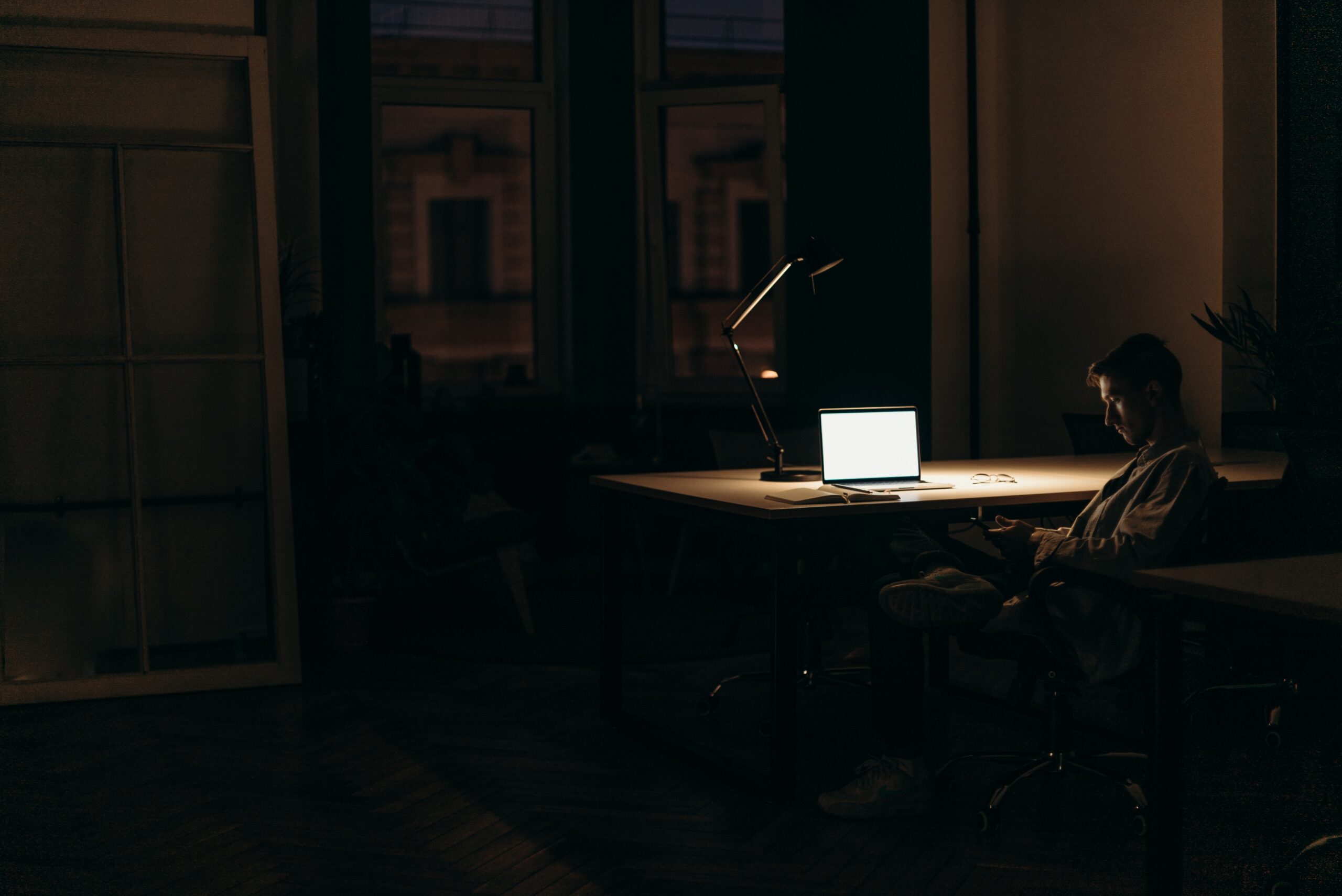
The ‘20-20-20 rule’ is a great way to remember to do this: every 20 minutes spent looking at a screen, look at something that is at least 20 ft away for 20 seconds.
Taking a break to go outside and get some fresh air, listening to some music, or reading a book are all great ways to ease your online fatigue. Even just five minutes each hour is important to give yourself some time to reduce eye strain and connect with the physical world around you.
Resources
National Services:
Crisis Services Canada
24/7 Suicide prevention service
(EN) 1-833-456-4566 (FR) 1-866-277-3553
Kids Help Phone
24/7 national support service for children and youth
Call 1-800-668-6868
Text CONNECT 686868
Youthspace
Online crisis and emotional support chat for anyone under 30
6pm-midnight (PST) Text: 778 783 0177
Black Youth Helpline
Call 416-285-9944 Toll Free 1-833-294-8650
Hours of Service 9 am – 10 pm
Ontario Services:
LGBT Youthline
Confidential peer support age 16 to 29
Text: 647-694-4275
Chat online: www.youthline.ca
Sunday to Friday 4pm-9:30pm
Trans Lifeline
Trans-led organization connecting people to community and resources
1-877-330-6366
Good 2 Talk
Confidential support services for post-secondary students in Ontario and Nova Scotia
1-866-925-545
Text GOODTOTALKON to 686868
Toronto Services and Organizations:
Gerstein Crisis Line
The 519
Lumenus
Centre for Addiction and Mental Health (CAMH) Rainbow Services
Centre for Addiction and Mental Health (CAMH) Gender Identity Clinic
Toronto 211 Central
The Homeless Hub
Trip! Project
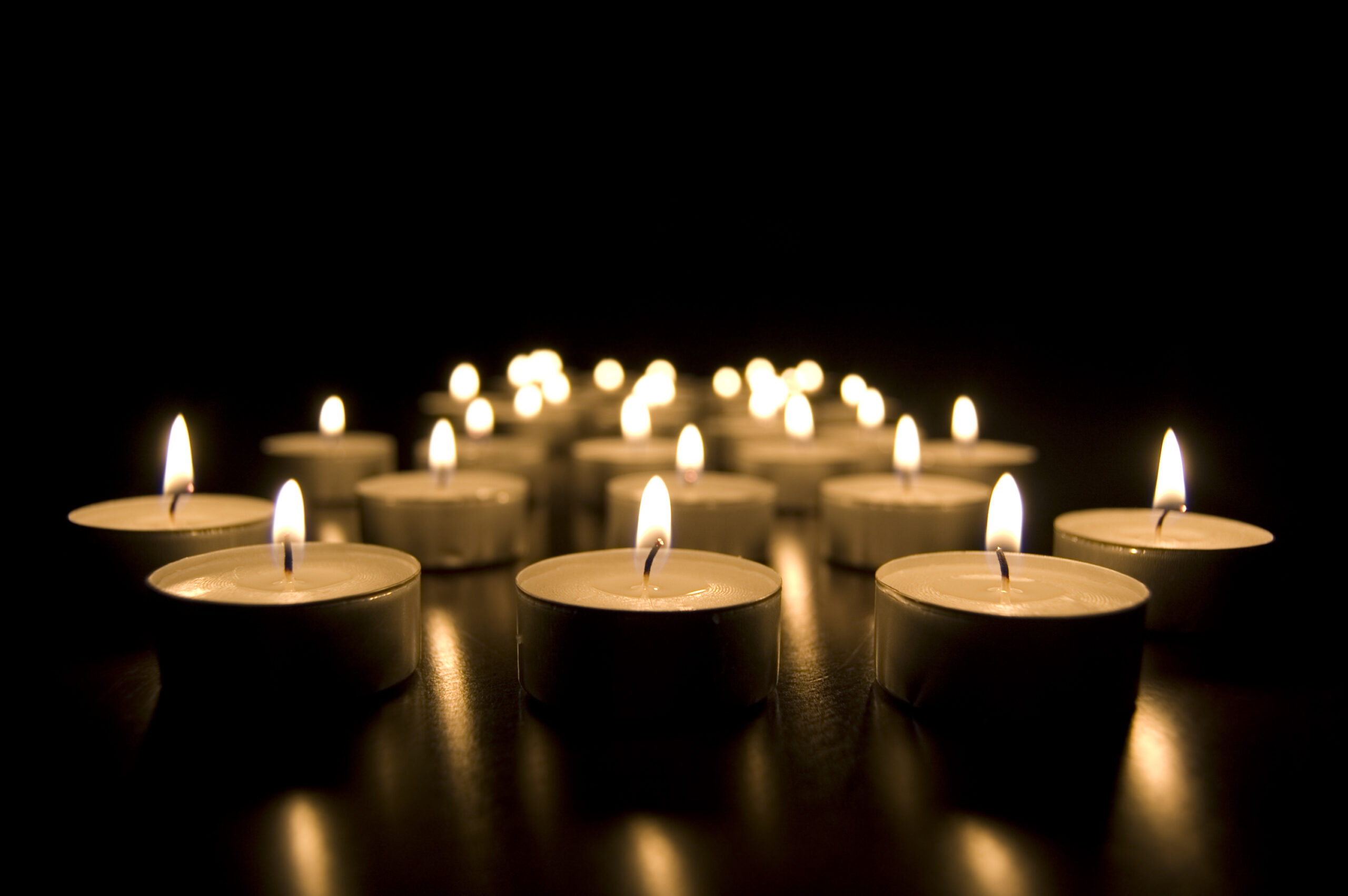
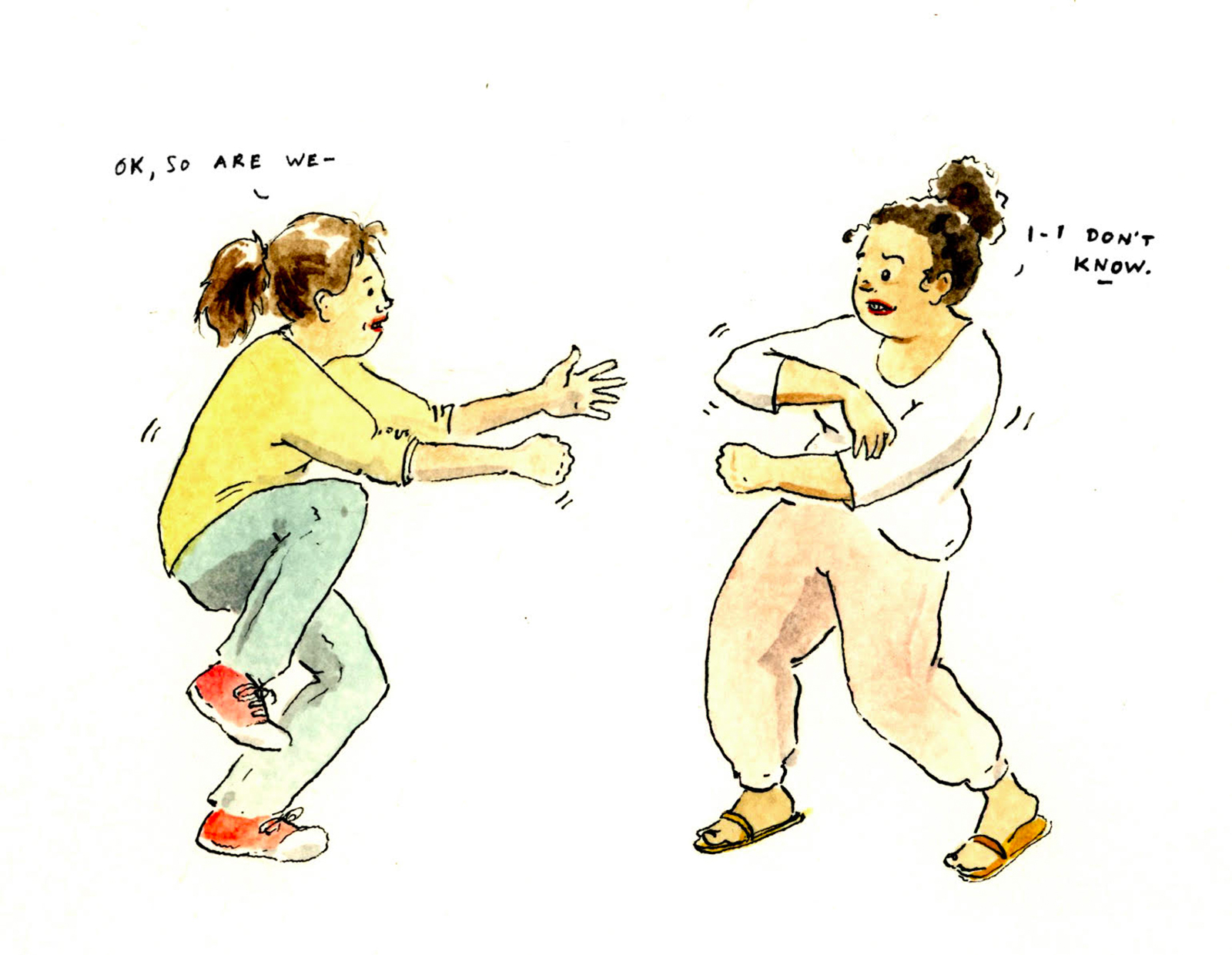 Social landscapes have changed: two years away from consistent partying has meant that many of your friends have taken the opportunity to leave that part of their lives behind. Maybe many others spent the past two years getting “too” wrapped up in their substance use (something we each get to define for ourselves, of course) during a time when it felt like the “rules” had changed or were no longer applicable. Perhaps you are one of these two kinds of people, or perhaps somehow you are both. Either way, the nature of being there for each other has changed as well.
Social landscapes have changed: two years away from consistent partying has meant that many of your friends have taken the opportunity to leave that part of their lives behind. Maybe many others spent the past two years getting “too” wrapped up in their substance use (something we each get to define for ourselves, of course) during a time when it felt like the “rules” had changed or were no longer applicable. Perhaps you are one of these two kinds of people, or perhaps somehow you are both. Either way, the nature of being there for each other has changed as well. 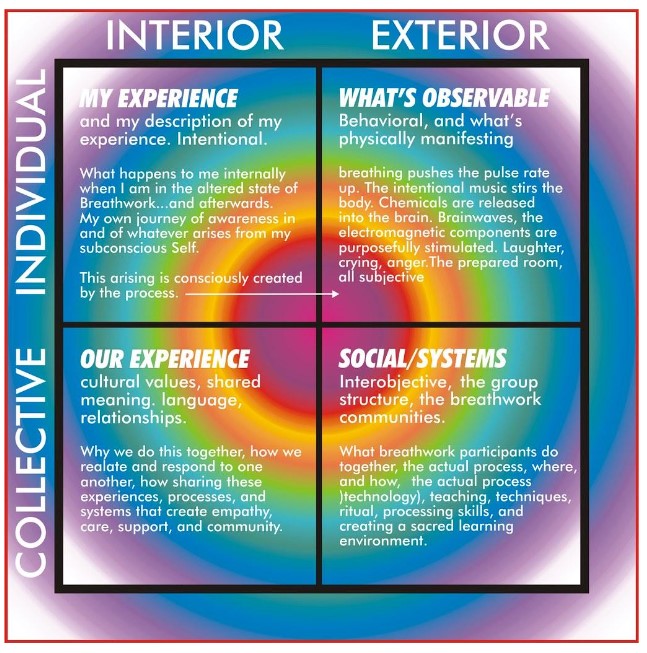

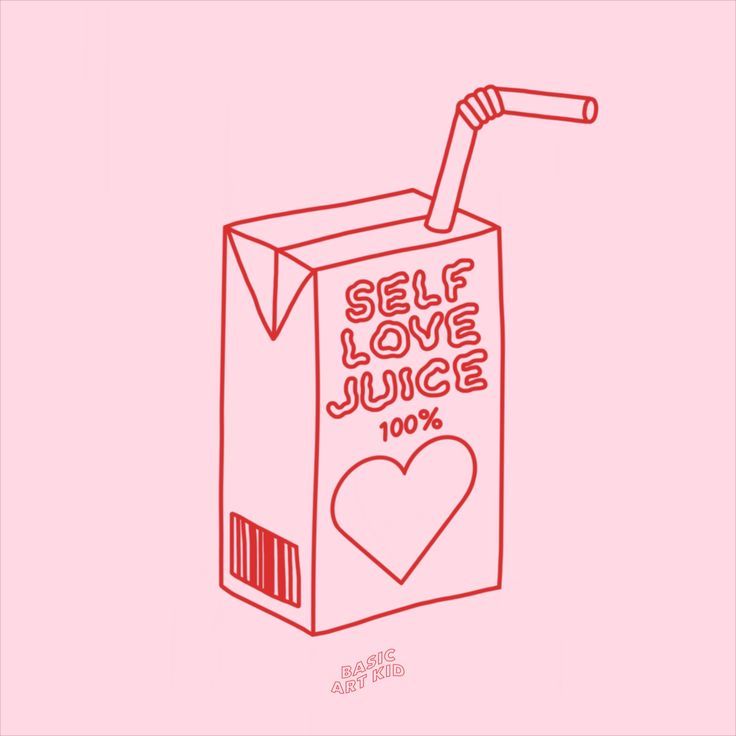





 On the bright side, people in ethically non-monogamous relationships are used to discussing safety precautions around STI testing, fluid bonding, and harm reduction in their relationships and all these communication skills apply to COVID risks +COVID testing. Talk with your partners about what measures you’re taking to keep safe, and what things might be off-limits for the time being. This is an excellent time to connect with the online poly community and find spaces without stigma, where you can talk about your unique problems and know that you’re not alone.Take this as an opportunity to focus on increasing the meaningful interactions between you and your partners and get creative with HOW you interact and date your partners, do new things!
On the bright side, people in ethically non-monogamous relationships are used to discussing safety precautions around STI testing, fluid bonding, and harm reduction in their relationships and all these communication skills apply to COVID risks +COVID testing. Talk with your partners about what measures you’re taking to keep safe, and what things might be off-limits for the time being. This is an excellent time to connect with the online poly community and find spaces without stigma, where you can talk about your unique problems and know that you’re not alone.Take this as an opportunity to focus on increasing the meaningful interactions between you and your partners and get creative with HOW you interact and date your partners, do new things!


